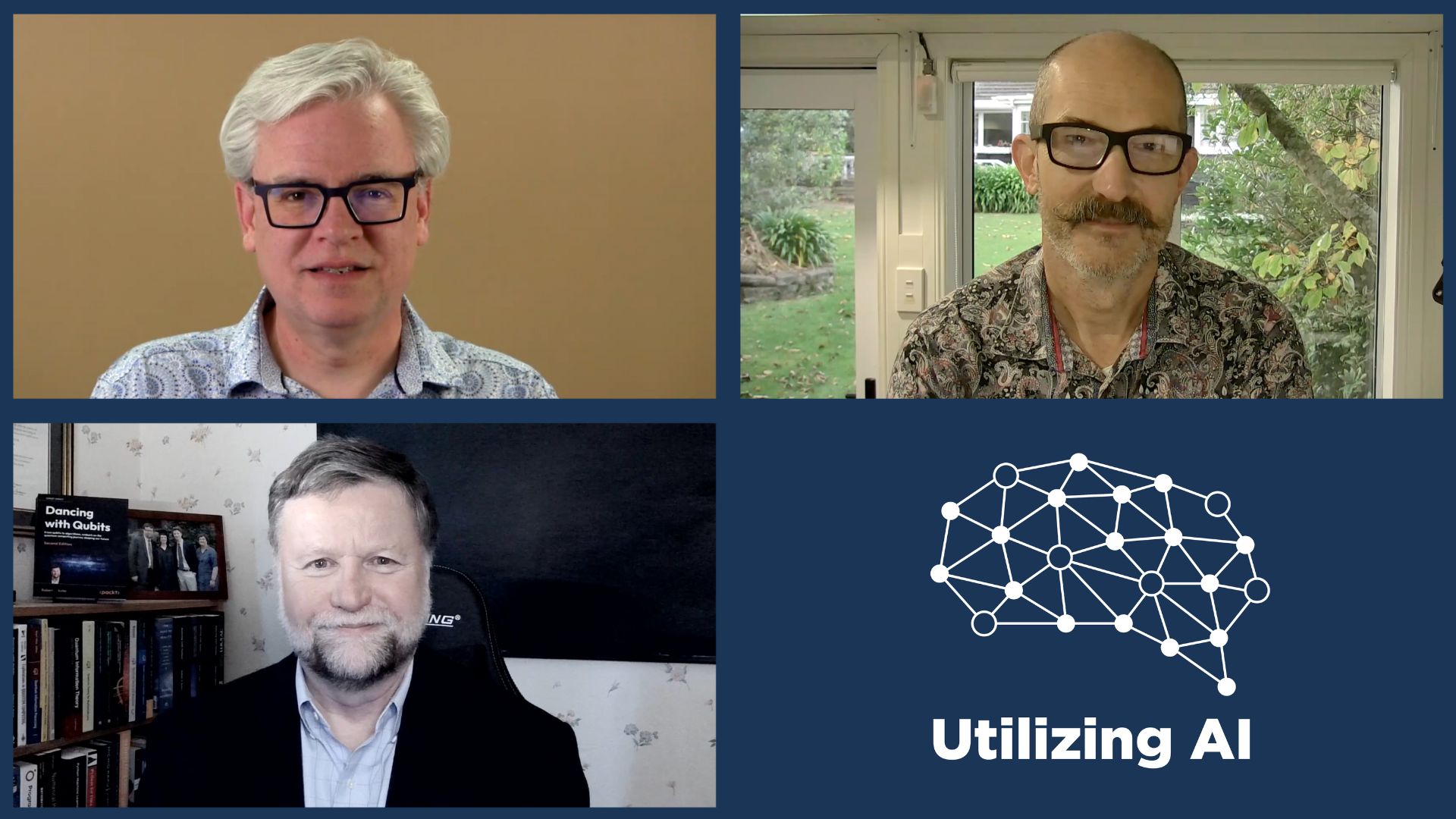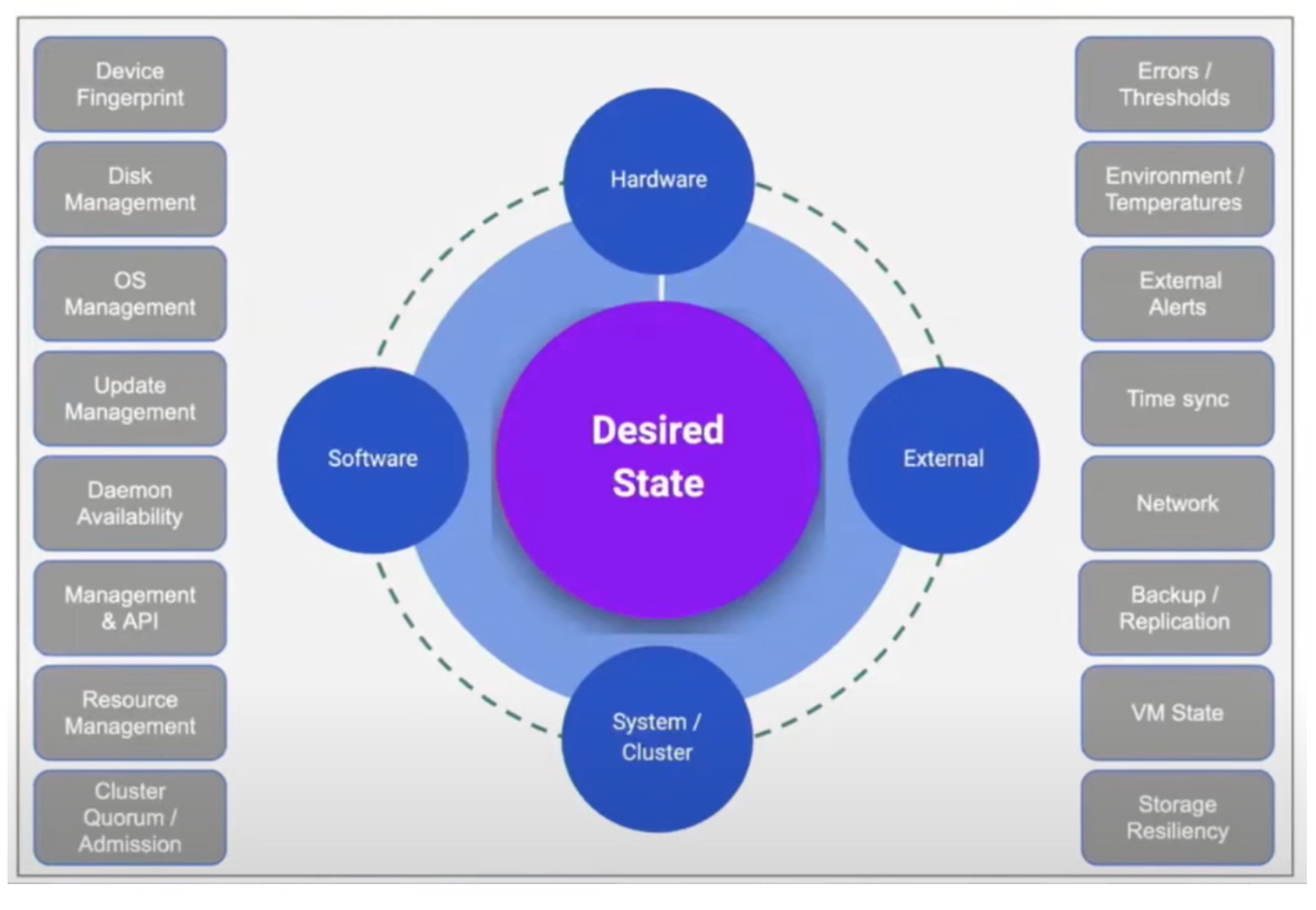I think it was a TED Talk with Jonathan McDonald where I first heard the idea that today will be the slowest rate of technological change for the rest of my life. Of course, I have no way to measure if this is true, it could well just sound cool. But assuming it is, the implications are amazing and kind of terrifying.
As someone invested in technology, it’s already challenging to keep pace with what’s already out there. The idea that there will be an ever increasing deluge of “the new” means that it will be a war of attrition I am doomed to lose. That’s why I was a little encouraged Alex Galbraith’s piece below. I’ve looked at the unique synthesis Igneous Solutions is presenting, but it never occurred to me to view this type of synthesis as the source for much of our coming innovation. This should allow me to stave off my own intellectual obsolesce, as understanding will only require us to understand the incremental changes in such a synthesis, rather than whole new concepts and ideas. Thanks for helping me stave off that existential dread Alex!
Now if he can help me get over the inevitable heat death of the universe…
Tekhead.it comments:
One of the most common trends I have seen in this however was described in a book I read recently, “The Second Machine Age” by Erik Brynjolfsson & Andrew McAfee. This trend is that the majority of new ideas are (more often than not) unique recombinations of old ones.
Check out the full post on my site http://tekhead.it and comment via twitter to @alexgalbraith. Thanks for reading! 🙂
Read more at: Scale-Out. Distributed. Whatever the Name, it’s the Future of Computing




